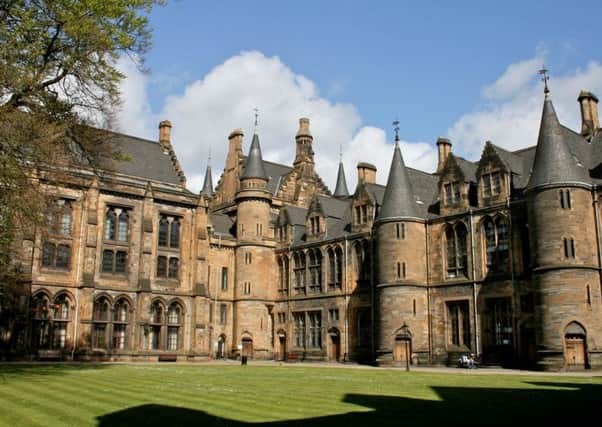Why it’s right to pay slavery reparations – leader comment


The full horror of the Atlantic slave trade is sometimes hard to comprehend. Between the 15th and 19th centuries, an estimated 12.4 million people were captured and taken to the Americas for a life in chains. It is thought that a staggering 1.8 million died during the journey.
The 2007 book The Slave Ship: A Human History, by Marcus Rediker, describes the final moments of one man who was a “mere skeleton” after refusing to eat. “He had apparently made a decision to die. Captain Timothy Tucker was outraged, and probably fearful that his example might spread to the other 200-plus captives aboard his ship, the Loyal George, as it made its way across the Atlantic to Barbados in the year 1727. The captain turned to his black cabin boy, Robin, and commanded him to fetch his whip. This was no cat-o’-nine-tails but rather something much bigger, a horsewhip ... All the while the man made no resistance and said nothing, which incensed the captain, who now threatened him in his own language: ‘He would tickeravoo him,’ that is, kill him, to which the man answered, ‘Adomma’, so be it.”
Advertisement
Hide AdAdvertisement
Hide AdAll this human misery made countries like Scotland and the UK vast wealth which, for example, helped build Edinburgh’s New Town. Today we celebrate it as a marvel of Scottish Englightenment architecture but we cannot overlook this sinister side.
We do not inherit the sins of our ancestors – the world would be a sorry place if that were true – and we do not bear individual responsibility for historic slavery. Nevertheless, there is no harm, but rather a great deal of good, in recognising the horror of the past and addressing its lasting effects. And this is particularly true for historic organisations, like Glasgow University, which yesterday announced a £20 million programme of “reparative justice” over 20 years, that benefited from slavery in the past and still exist today. An agreement with the University of the West Indies will see the creation of the Glasgow-Caribbean Centre for Development Research.
There is a theory that racism developed as a means to excuse the brutality of the transatlantic slave trade. It is by working together, in academic ways or otherwise, that such a hateful way of thinking can finally be thrown off. If Scotland can play a significant role in doing that, it would represent Enlightenment thinking of the highest kind, a legacy for future generations to be proud of.
